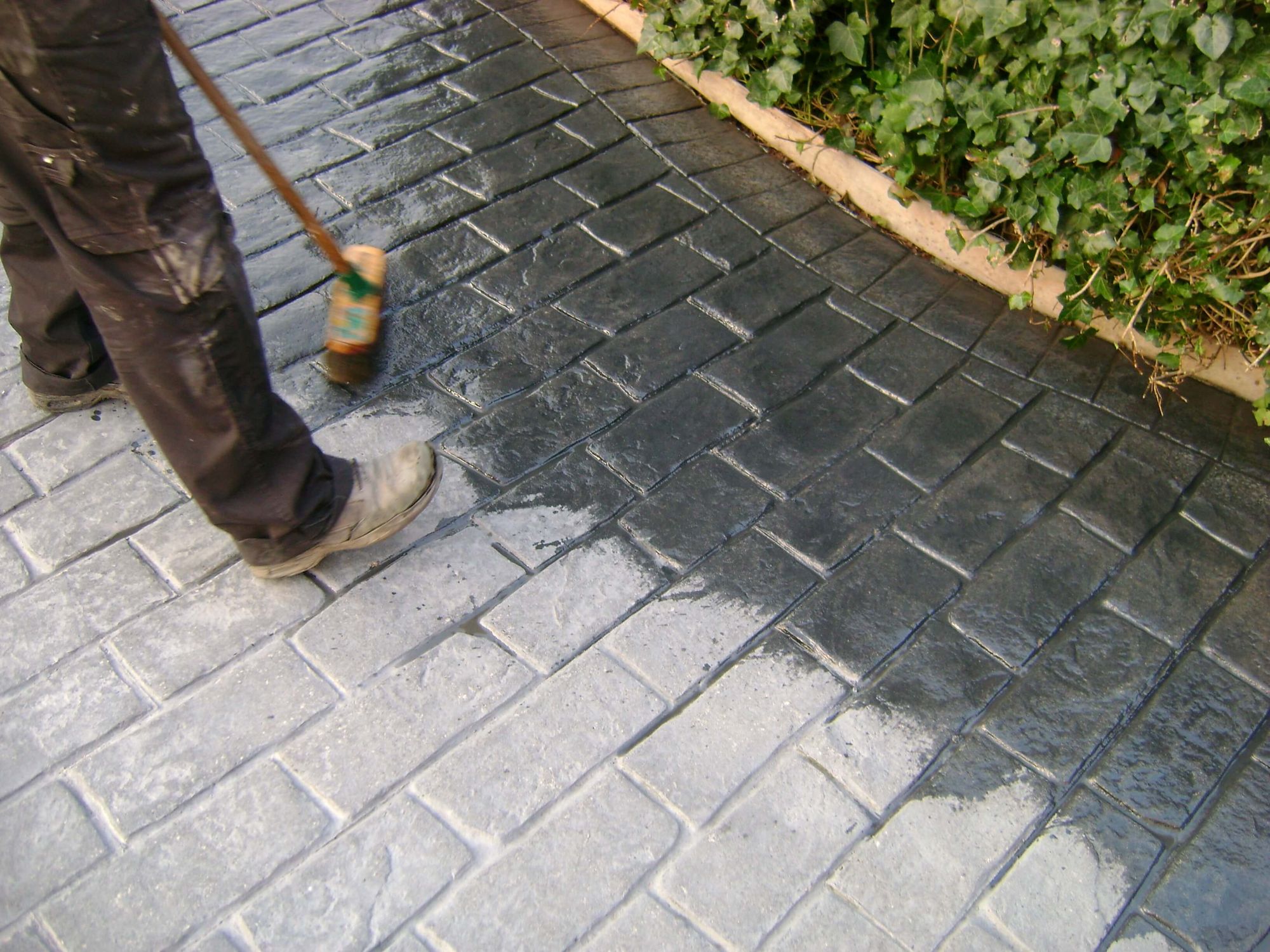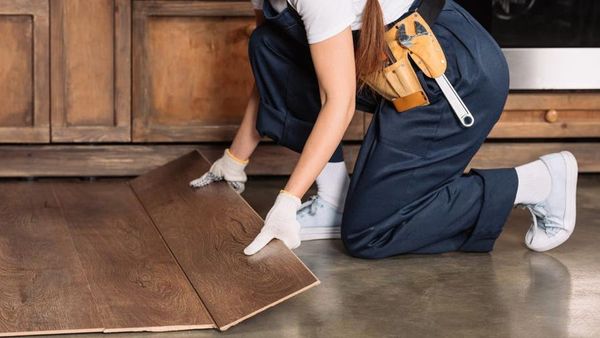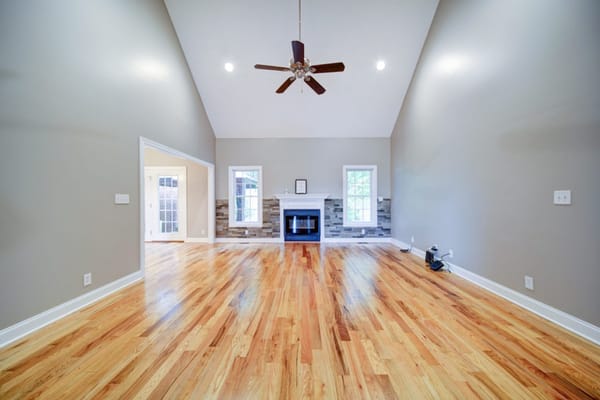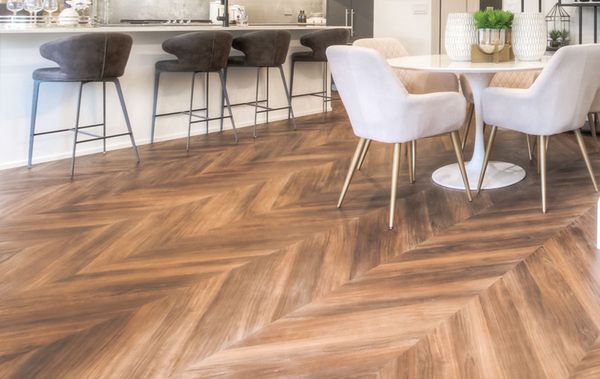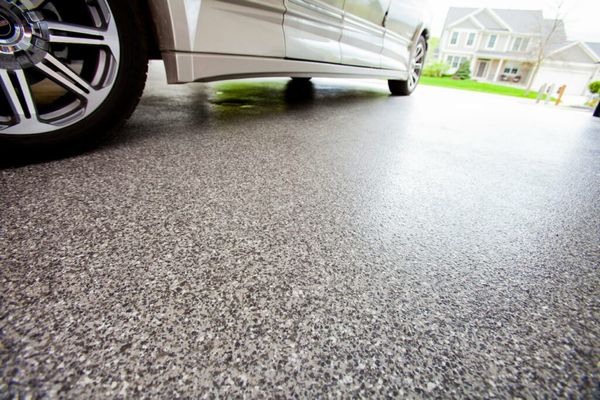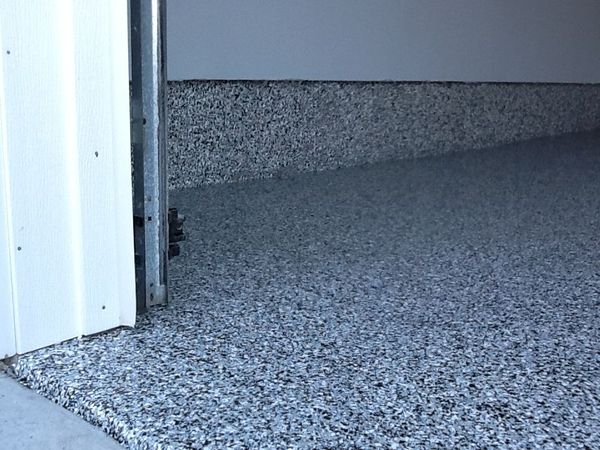When it comes to enhancing the longevity and appearance of concrete surfaces, there's a secret weapon that many homeowners, DIY enthusiasts, and professionals swear by - concrete sealers. This invaluable asset protects your concrete from damage, enhances its aesthetic appeal, and contributes to an extended lifespan.
What is a Concrete Sealer?
A concrete sealer is a protective layer applied to the surface of concrete to guard against environmental factors like water, salt, chemicals, and UV rays. It provides a robust shield against wear and tear, improving the longevity and maintaining the natural beauty of your concrete.
The Vital Role of Concrete Sealers
Concrete, though sturdy and durable, is a porous material. This means it can absorb liquids, leading to potential problems such as staining, cracking, and weakening over time. Herein lies the importance of concrete sealers.
Protection Against Moisture
Moisture is the primary adversary of any concrete installation. When water seeps into the porous concrete, it can cause damage from within, leading to cracking, scaling, and crumbling. Concrete sealers work to form a hydrophobic layer on the surface, repelling water and preventing such damage.
Enhanced Durability
Applying a concrete sealer boosts the durability of your concrete. It not only guards against external factors but also strengthens the concrete's surface, ensuring it can withstand heavy traffic and resist wear and tear, even in high-use areas.
Maintaining Aesthetics
Concrete sealers do more than just safeguard your concrete; they also enhance its appearance. They can impart a glossy, attractive finish or enrich the color of stained or dyed concrete. A quality sealer will keep your concrete looking fresh and new for years to come.
Types of Concrete Sealers
Concrete sealers come in two primary types - penetrating sealers and topical sealers.
Penetrating Sealers
Penetrating sealers seep into the concrete, protecting it from within. They're excellent for outdoor applications as they offer robust protection against weather conditions and UV rays. They leave a natural finish, making them a good choice if you prefer the original look of your concrete.
Topical Sealers
Topical sealers form a protective layer on the surface of the concrete. They provide excellent protection against chemical spills and abrasions. These sealers can be either glossy or matte, giving your concrete a beautifully polished look.
Concrete Sealer Application
Sealing concrete is a process that requires attention to detail. First, the surface must be thoroughly cleaned and allowed to dry. Next, the sealer is applied evenly with a roller or sprayer. The sealer should be left to dry for the manufacturer's recommended time, usually 24 to 48 hours, before use.
How to Choose the Right Concrete Sealer
Selecting the right concrete sealer can make all the difference in the longevity and aesthetics of your project. Here are some factors to consider when choosing a concrete sealer.
Environmental Conditions
The environmental conditions in your area play a crucial role in determining the best concrete sealer. If you live in an area with harsh weather conditions, a penetrating sealer would be ideal as it provides durable protection against moisture and freeze-thaw cycles. If your concrete surface is frequently exposed to chemicals or stains, a topical sealer would be a better choice.
Desired Aesthetic
The finish that a concrete sealer provides can vary. Some sealers leave a high-gloss finish, some give a satin finish, while others do not alter the appearance of the concrete at all. Your desired aesthetic should guide your choice of sealer.
Application and Maintenance
Consider the application process and maintenance requirements of the concrete sealer. Some sealers require professional application, while others can be applied using a roller or sprayer. Also, some sealers require reapplication more often than others. Make sure you're comfortable with the maintenance schedule of the sealer you choose.
The Importance of Quality
Quality should be a top priority when choosing a concrete sealer. High-quality sealers offer superior protection and durability, leading to lower maintenance costs and extended lifespan of the concrete. It's an investment that pays off in the long run.
The Role of a Concrete Sealer in Construction Projects
In the world of construction, concrete sealers are a vital component that should not be overlooked. Their primary function is to serve as a protective barrier, keeping the structural integrity of concrete installations intact while preserving their aesthetics.
Infrastructure Longevity
When applied to bridges, roads, buildings, or any concrete structures, sealers enhance the lifespan of the infrastructure. They protect against moisture penetration, harmful chemicals, and weather-related damage, ultimately minimizing maintenance needs and saving costs in the long run.
Industrial and Commercial Usage
Concrete sealers also find extensive usage in industrial and commercial settings. Warehouses, factories, retail stores, and other commercial spaces with concrete flooring benefit greatly from the protective qualities of sealers. They keep the floors resistant to heavy traffic, stains, and abrasion, thereby contributing to a safe and efficient working environment.
Concrete Sealer Innovations
As the demand for durable and efficient construction materials continues to rise, innovations in concrete sealer technology have followed suit.
Eco-Friendly Sealers
Eco-friendly sealers are becoming increasingly popular due to their minimal impact on the environment. They are water-based, low in volatile organic compounds (VOCs), and often exceed the performance of traditional sealers.
Sealers with Integrated Color
Colored sealers have also become a trend, providing the dual benefits of sealing and coloring concrete in one step. These sealers can mimic the look of natural stone, brick, or other materials, providing limitless design possibilities.
Conclusion
Penetrating Concrete Sealer
Whether you're dealing with concrete floors, outdoor concrete surfaces, or concrete countertops, understanding the diverse range of concrete sealers available in the market is crucial. Among the best concrete sealers, penetrating concrete sealers excel at offering deep protection, providing a reliable chemical barrier against moisture, oil, and other harmful substances. They're an excellent choice for outdoor concrete surfaces that are exposed to harsh weather conditions due to their superior durability and resistance to UV rays.
Epoxy Sealer and Acrylic Concrete Sealer
For a more decorative finish, such as that needed for stamped concrete or beautifully crafted concrete countertops, you might want to consider sealers like acrylic concrete sealers or epoxy concrete sealers. Acrylic sealers are user-friendly and versatile, providing a balance between performance and aesthetics. They can be applied to both indoor and outdoor surfaces, drying quickly to a semi-gloss or high-gloss finish. Epoxy sealers, on the other hand, are best suited for indoor use, especially on concrete floors, where they provide a high-gloss, durable finish that's resistant to water, stains, and abrasion.
Acrylic Sealer and Outdoor Concrete Sealer
It's also essential to bear in mind the potential toxicity of some concrete sealers. While most modern concrete sealers, especially water-based acrylic sealers, are safe to use, some solvent-based sealers can emit harmful fumes. Always ensure you're working in a well-ventilated area and using personal protective equipment when applying a concrete sealer. Ultimately, whether you're seeking to seal concrete in your garage, enhance your stamped concrete patio, or protect your outdoor concrete surface, your choice of sealer can make all the difference in the appearance, durability, and safety of your project.

